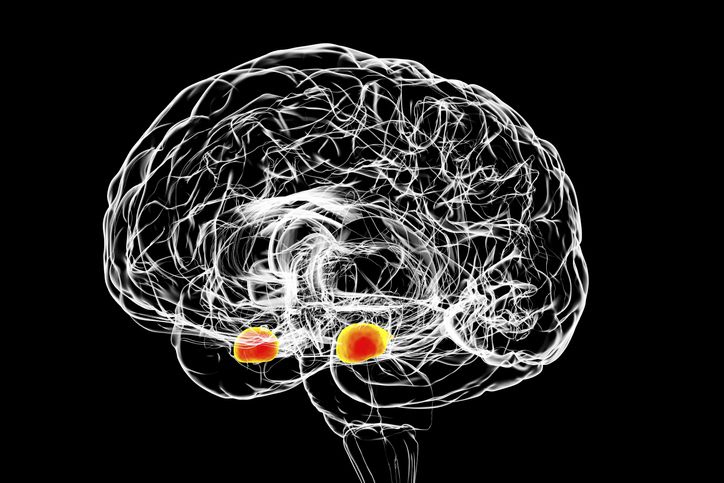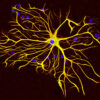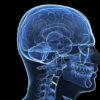New research in Biological Psychiatry centered on characterizing amygdala volume and development among children with autism spectrum disorder and its relation to anxiety.
Throughout the study, researchers at UC Davis examined two types of anxiety in patients with autism: anxiety as classified in the DSM-5 and anxiety stemming from autism complications.
The young participants enrolled in the study were part of the UC Davis’ Autism Phenome Project.
“Autistic children with distinct anxiety had slower development of the right amygdala from the ages of ∼3-11 compared to TD and other autistic children, and smaller right amygdala volumes at ∼11 years of age compared to other autistic children,” the study found.
The UC Davis research team indicated that the results point to an association between amygdala volume, autism, and co-occurring anxiety.
“These results support an association, albeit a complex one, between amygdala volume, ASD, and co-occurring anxiety,” according to the findings.
“Our results also identify a novel association between the development of amygdala volume and anxieties distinctly related to autism.”


